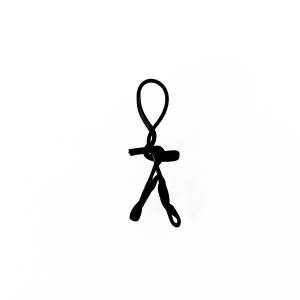August challenge; thoughtful. Augustus
It’s August and I cannot let this opportunity pass. Augustus (the man - who gives us this month), was by all accounts a remarkable human being; through a combination of intelligence, ruthlessness and luck he manages to unite Rome after the death of Julius Caesar, putting an end to years of civil war and creates the beginnings of what we know as the Roman Empire. The map above (from the Times Atlas of World History) shows the extent of the Empire at the time of Augustus’s death in AD14.
Augustus (the book) is no less remarkable; through a combination of letters and diary fragments the author (John Williams) recreates the life of the man born Gaius Octavius Thurinus in 63 BC, later to become Octavian and finally Augustus (the illustrious one), first Emperor of Rome.
The device of designing a whole novel around letters and diary fragments lends a level of authenticity and immediacy to the book; it reads like a contemporary biography. It took me a while to get into it - there is no narrative structure in the conventional sense. For example, the first letter is from Julius Caesar to his niece Atia, mother of Octavius, telling her to “send the boy to Apollonia."
Now if your knowledge of Roman history is scanty and you do not read the introduction, you may not know that Octavius is Caesar’s great nephew. And what follows - in both the book and the history of Rome - is predicated on this very fact.
And, given that this is a novel, there is no plot in the conventional sense; the plot, as such, is simply the man’s life told in this unique way. The letters set the scene, the diary fragments fill in the gaps between the letters so that after a while the whole thing knits together seamlessly.
John Williams is more of a mystery. He is known for three books; Butcher’s Crossing (1960), Stoner (1965) and Augustus (1972) and is apparently well regarded by literary critics. Of Stoner, one wrote; “it is a perfect novel, so well told and beautifully written, so deeply moving, it takes your breath away.”
I’ve read Butcher’s Crossing and like Augustus, it took me a while to get into it. It’s a slow novel, one that unfolds gradually, perhaps too slowly for some. One reader on Amazon complained that “… nothing happened…” Set in the 1870s it tells the story of four men who set out to hunt the last of the great buffalo herds in a remote part of Colorado. It’s not a Western; no one gets shot. It’s more a coming of age novel that happens to be set in the Old West.
And Augustus (the book), is in much the same way, I guess, a novel about politics, ambition, family and friendship that happens to be set in Ancient Rome. It’s a brave book in the sense that the strategy Williams chooses to tell his tale is highly risky. But I think he pulls it off. After a few letters and diary entries (mostly gossip) I was hooked. It is beautifully written and particularly, towards the end, moving. I had to keep reminding myself that it was a work of fiction. Although the historical facts are beyond dispute, what X said to Y or may have thought about Z are open to interpretation.
Highly recommended if you’re looking for something a little different.

Comments
Sign in or get an account to comment.


